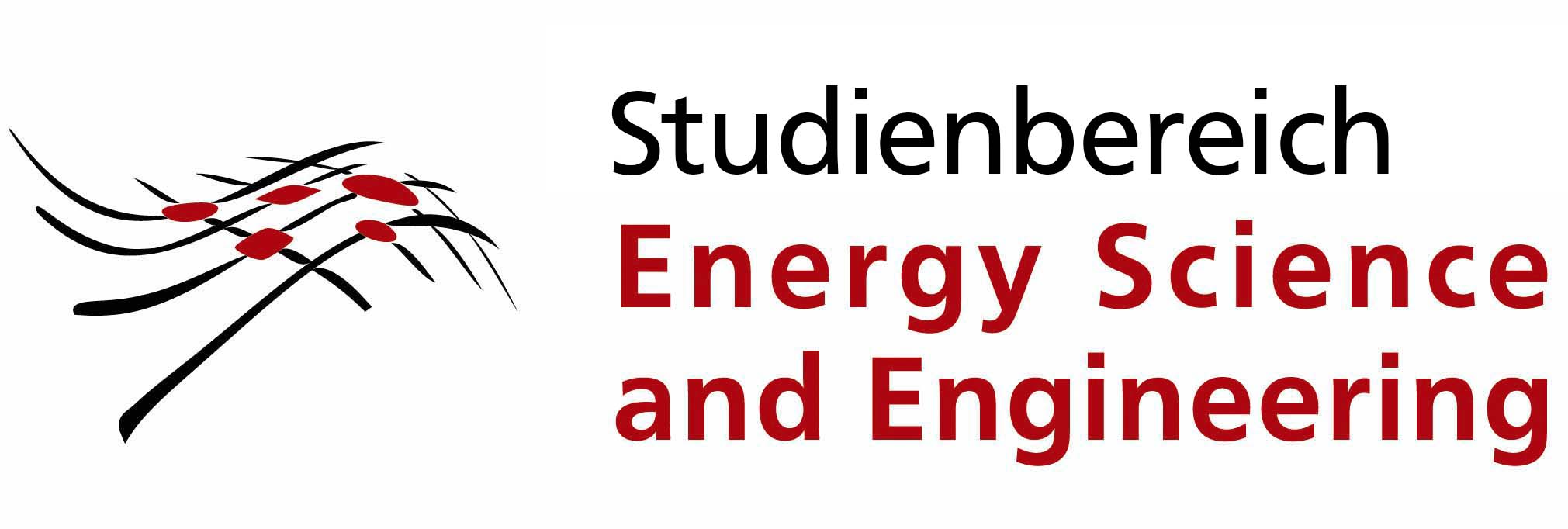Motivation
Energy systems that include a large amount of renewable energy are very complex. The number of units to control is large and their structure is diverse, both due to decentralised power generation and flexible consumers. In addition, a close coupling of all energy sectors such as power, heat and transport is mandatory to ensure the economic competitiveness of such a system. Hence, they need to be developed, planned and operated together.
Managing this inevitable complexity requires a high degree of automation and (semi-)autonomous decision-making to ensure the technical safety and economic feasibility of such systems during their operation and the planning of their composite structure. However, a higher degree of automation makes the system more vulnerable to cyberattacks. To improve the resilience of critical energy supply infrastructures, these risks have to be considered early on when designing the system structure and its control strategy.
Research
In this research field, TU Darmstadt focusses on:
• Developing methods and tools to optimise planning processes and the operational phase of complex interlinked energy systems,,
• Realising and testing different innovative energy systems as prototypes,
• Analysing and developing governance concepts to effectively transfer technical developments into society.
The main goal of these system-level activities is to increase flexibility in counteracting fluctuations of renewable energies and to ensure operations resilient against both accidental and deliberate distortions.
Researchers and scientists of TU Darmstadt in engineering, natural and social sciences collaborate closely on this area of research.




